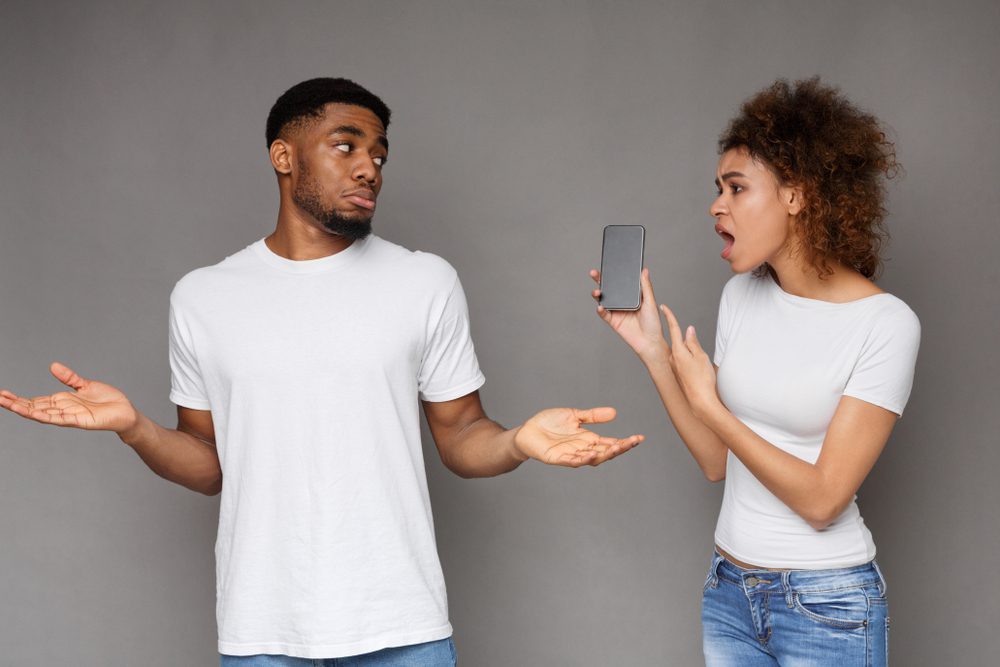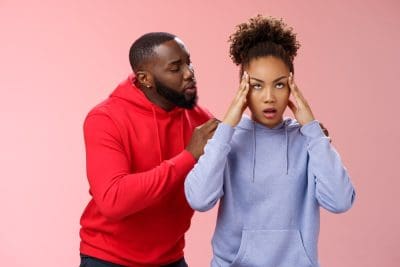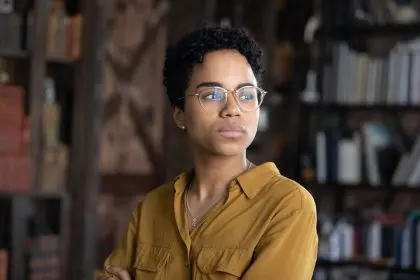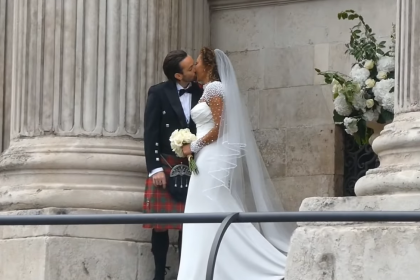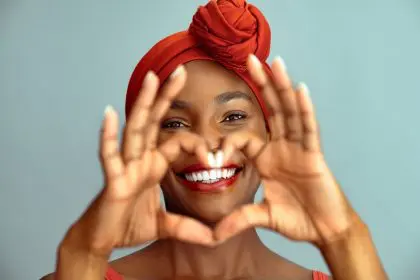Navigating the intricate pathways of relationships can be both exhilarating and challenging. However, when the familiar boundaries between your inner circle blur — and your boyfriend begins showing interest in or pursuing a relationship with your best friend — the emotional landscape can become a maze of hurt, confusion and profound questioning. The trust you once held dear in both your partner and closest confidante can waver, leaving you grappling for understanding in a whirlwind of emotions.
In such circumstances, there’s rarely a single explanation for this unexpected turn of events. Yet, by delving into the complexities based on the information you’ve shared with your significant other, it’s possible to illuminate the nuanced factors contributing to this distressing scenario. Understanding these elements can offer insight, providing a foundation for navigating the tangled emotions and potentially finding a path to resolution and healing.
Communication forms the bedrock of any relationship. The conversations, anecdotes and details shared with your boyfriend might inadvertently influence his perception of your best friend. Sometimes, in sharing your experiences, you inadvertently highlight the positive traits of your best friend, making them an appealing and relatable figure to your boyfriend.
Your boyfriend might have noticed shared interests or compatibility between himself and your best friend through the stories you’ve shared. Whether it’s a love for the same hobbies, similar tastes in movies or a shared sense of humor, these commonalities might spark an unexpected connection between them.
Another aspect to consider is the emotional support you’ve described receiving from your best friend. If your boyfriend perceives them as a supportive figure — especially during times of emotional distress or conflict in your relationship — he might see her as someone empathetic and caring, leading to a sense of closeness.
In some instances, misinterpretation or miscommunication of intentions can play a significant role. Your words and actions might inadvertently give the impression that you encourage their bond, leading your boyfriend to believe that pursuing a relationship with your best friend is acceptable or even welcomed.
Additionally, individual vulnerabilities or uncertainties within your relationship could contribute to this dynamic. If there are unresolved issues or a lack of emotional connection between you and your boyfriend, he might seek solace or understanding from your best friend, unintentionally forming a deeper connection.
Jealousy and insecurity might also come into play. If your best friend possesses qualities or attributes that you admire or wish you had, your boyfriend might be drawn to these qualities as well. This could stem from a desire to experience or understand these characteristics more intimately.
In the realm of human relationships, there’s rarely a clear-cut answer or a single reason behind such occurrences. The complexities of emotions, perceptions and personal experiences intertwine, creating a tapestry of motivations that might lead your boyfriend to pursue a relationship with your best friend.
Navigating through this situation requires open and honest communication. Addressing your feelings with both your boyfriend and best friend can provide clarity and potentially salvage the trust and bond you share. It’s crucial to express your concerns without accusations, allowing each party to share their perspective and fostering a deeper understanding of the situation.
In the intricate web of human connections, unforeseen dynamics can arise, causing ripples that unsettle the very core of our relationships. When the closeness between a boyfriend and a best friend becomes a point of contention, the journey toward resolution begins with acknowledging the multifaceted nature of these bonds. Embracing the complexity of emotions, perceptions and individual vulnerabilities involved can lay the groundwork for healing.
The pivotal step towards resolution lies in open communication, where voices are heard without judgment and feelings are expressed with empathy. By fostering an environment of understanding and sharing perspectives, bridges can be built to mend fractured trust and bring clarity to tangled emotions.
While comprehending the exact reasons behind such shifts might remain elusive, the commitment to fostering understanding and rebuilding trust can serve as a guiding light. It’s through this process of acknowledgment, open dialogue and mutual respect that the path to healing emerges, allowing for the possibility of rebuilding stronger, more resilient relationships.
This story was created using AI technology.

